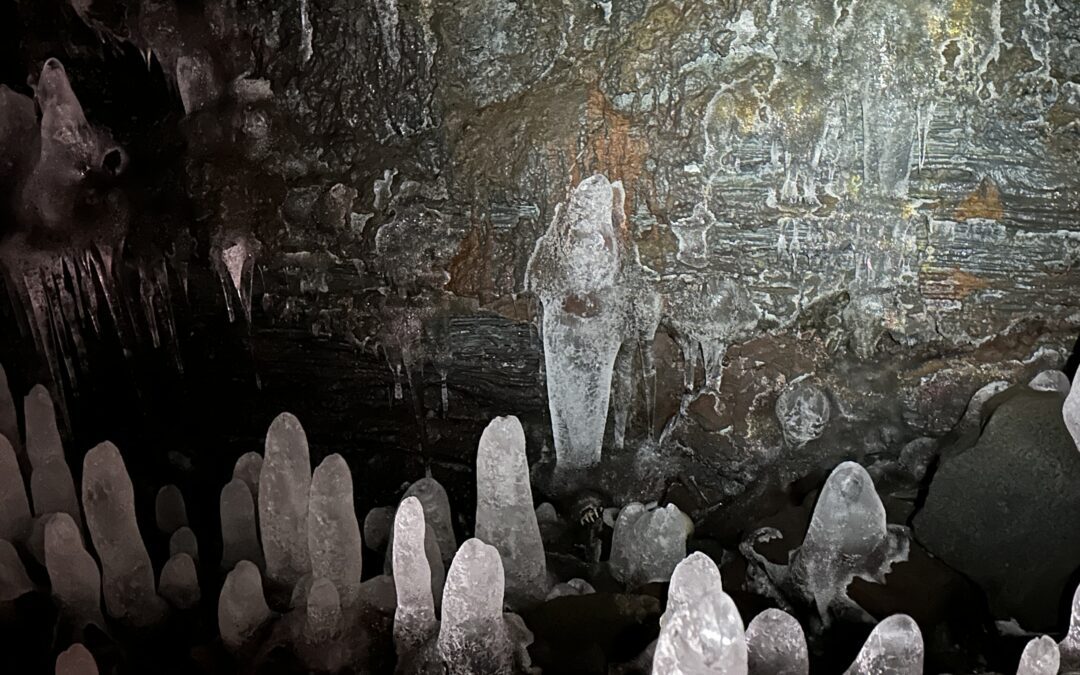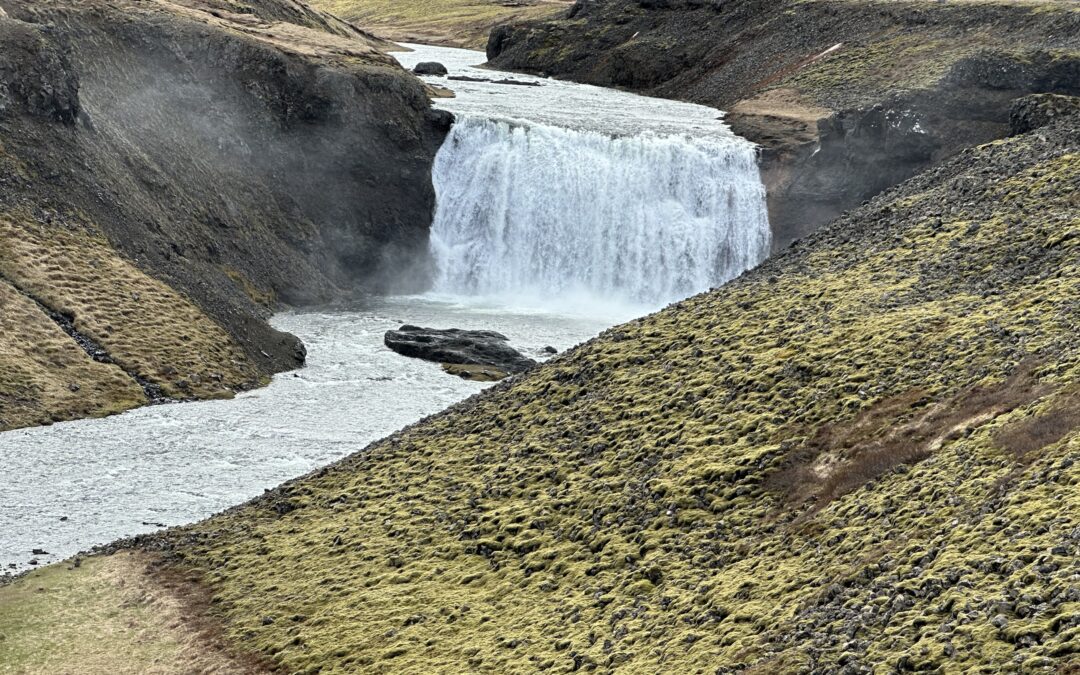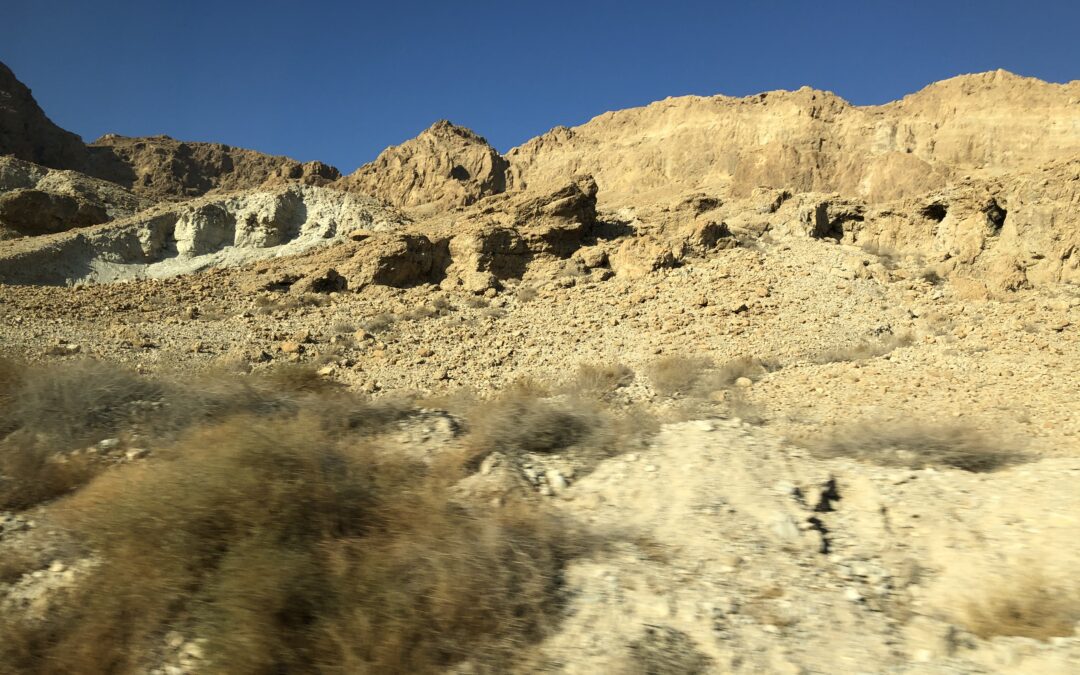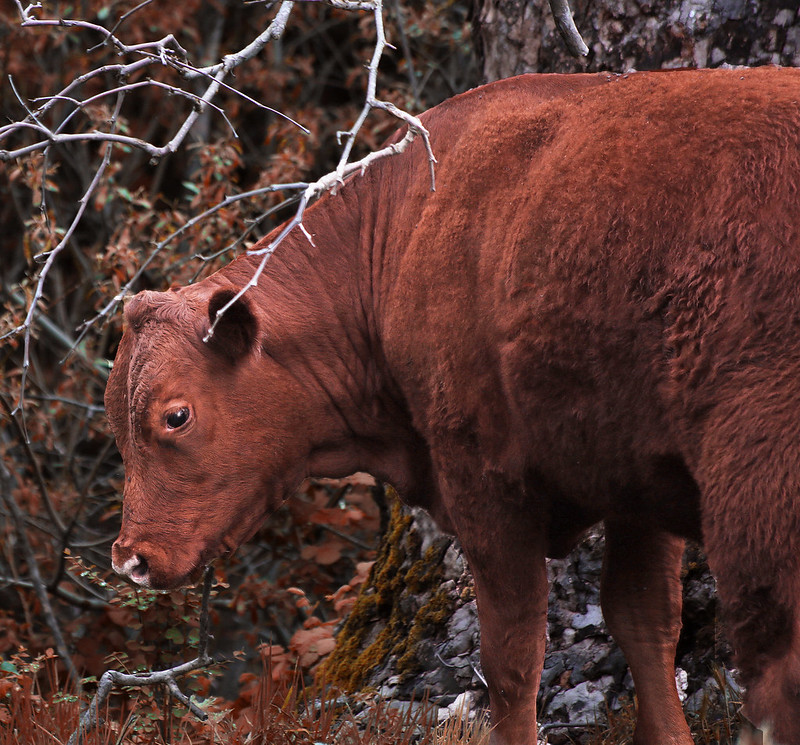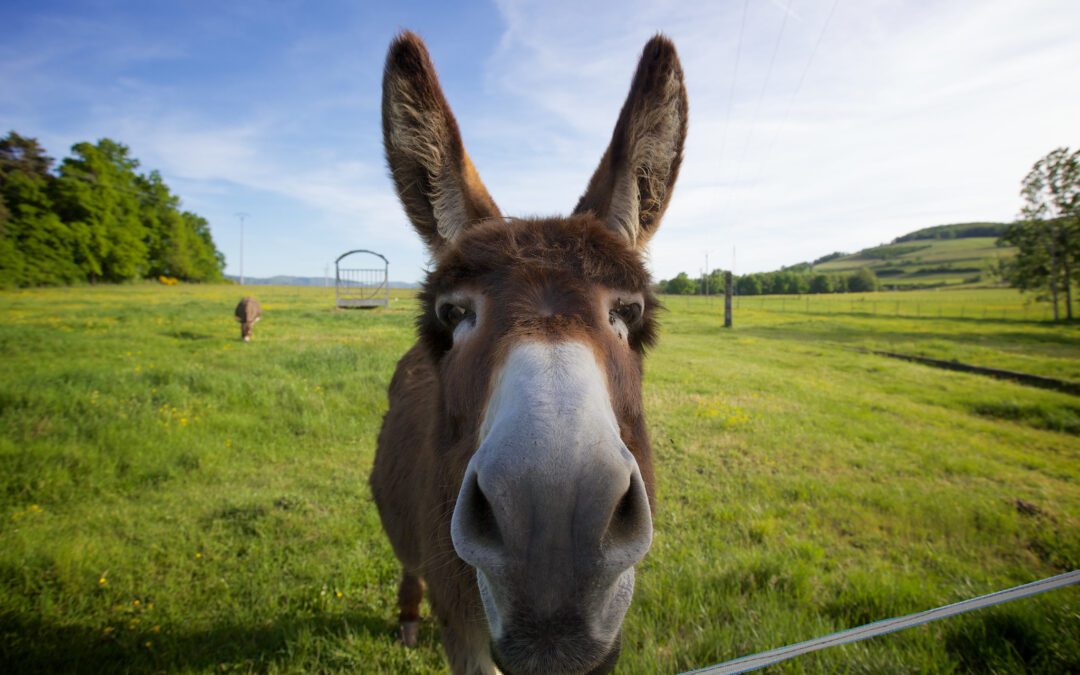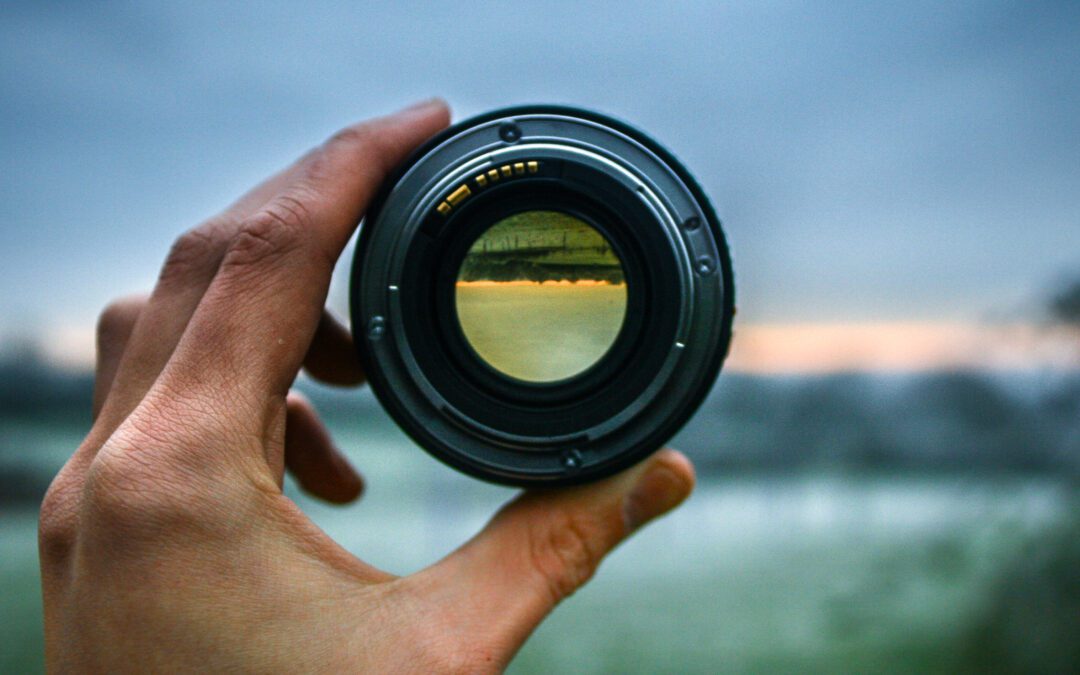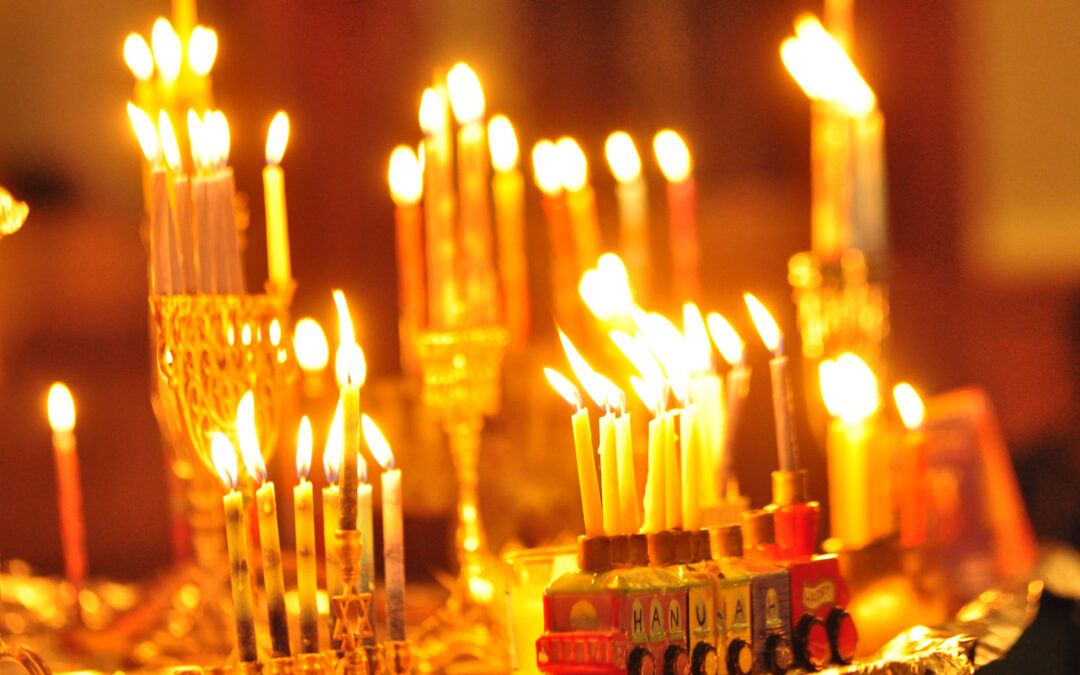Blog
Sermons & Divrei Torah
A collection of the Rabbi’s inspirational and insightful sermons given at the Malverne Jewish Center.
Who Is A Jew? Identity In The Wilderness
It was fascinating to start receiving DNA matches, including my daughter (whew!), connecting with some long-lost relatives, and learning about some distant ones whom I never knew existed. I get as far back as my great-grandparents, and then the history appears to end. My husband,…
Standing Up 2.0
I wasn’t raised to be an activist, and I hate large crowds, so I tend to stay away from huge rallies. I was raised to treat people the way I want to be treated, to see beyond differences that are only skin-deep, and that as…
Joseph and the Art of Grandparenting
In fact, when we take a deeper dive into the 23 verses that make up this chapter, we find so many things that might parallel the grandparent-parent-grandchild relationships in today’s world. The chapter begins with Joseph being told that his father is sick, and he…
Rosh Hashanah 5785-After October 7
After September 1st, when six Israeli hostages were found having recently been murdered by Hamas, just about every Facebook post and email I saw began with, “There are no words…” Including mine. Then each poster or sender went on for about 200-500 words.
Hukkat: Our Flowing Wells
We know how vital water is to life, to our planet, to our universe, but this isn’t about environmental responsibility; it’s about our own personal wells and the waters that flow from them.
Moses & Yitro At The Mountain
Rules and Laws are all well and good, but there’s no point in making them if they can’t be enforced and understood. The Torah brilliantly opens parashat Yitro by (sort of) reuniting Moses with his family, brought to him by his father-in-law, Yitro. I say…
Chukat: The Red Heifer and Our Stuff, Rabbi Andra Greenwald
Approaching the eighth decade of life often brings with it terms like downsizing, purging, paring and the freedom to let go. Many of us opt to see our children and grandchildren enjoy their inheritance while we’re here, to eat off the china with them and…
Devarim: The Power of Retelling, Rabbi Jane Rachel Litman
A few weeks ago, I was invited to speak to a university class about being one of the first generation of women and queer rabbis. At these kinds of talks, I usually tell mostly the same stories – of how a guy trying to pick…
Mattot: What Words Can Create, Ilene Winn-Lederer
Although I grew up with a strong Jewish identity, I did not experience a traditional Jewish education and came to Torah in my late teens through influential involvement with a Jewish youth organization called ATID (Hebrew for "future"). A few years later, contacts within the…
Pinchas: Women’s Wisdom and the Ripple Effect, Muriel Dance
Parshat Pinchas has been like a stone thrown into the pond of my being; it has rippled out over the decades: from the Rosh Hodesh portion that reminded me of my womanhood, to a challenge to step into my female Jewish authority, and finally to…
Balak: What The Donkey Sees And Says, Trisha Arlin
A man Named Bilam, A people-pleaser, and A freelance speaker of Curses and blessings, Had a donkey That he rode To his professional engagements.
Shofetim: Renewing and Focusing on Life
Each morning at the start of the Shacharit prayers there is a passage in which we praise God for having “fashioned man in his wisdom” and “creating within him life-sustaining organs… If but one of these were to function improperly, it would be impossible for…
Blessing My Bended Knees-A Poem
This past week, I participated in a Ritualwell class with Alden Solovy on "Writing From One Word of Torah." I distilled 3 stream-of-consciousness prompts on the word "Baruch/Berekh," the root of which can mean "blessing' and "knee, into this poem.
The Eshet Hayil In Our Lives
An email from My Jewish Learning about “A Woman of Valor” prompted me to pivot the next evening’s planned adult learning session to looking at these 22 verses from Mishlei, the Book of Proverbs. These verses comprise a song called Eshet Chayil...
Live Long and Prosper?
Rabbi Yehoshua ben Korha has a point; at what point does life become wearying? When does the joy go out of our lives, and when does a long life become a too-long life? Or from the perspective of a younger person, like Rabbi Yehuda haNasi,…
Ending Hanukkah, A Ritual
when a lit candle is used to light other candles, that first candle’s flame doesn’t diminish; rather each flame becomes whole unto itself.
Sukkah and the Olympics, How Does The Wind Blow?
How can reading something in the Talmud, from 2,000 years ago, give us insight into how we look at things today.




